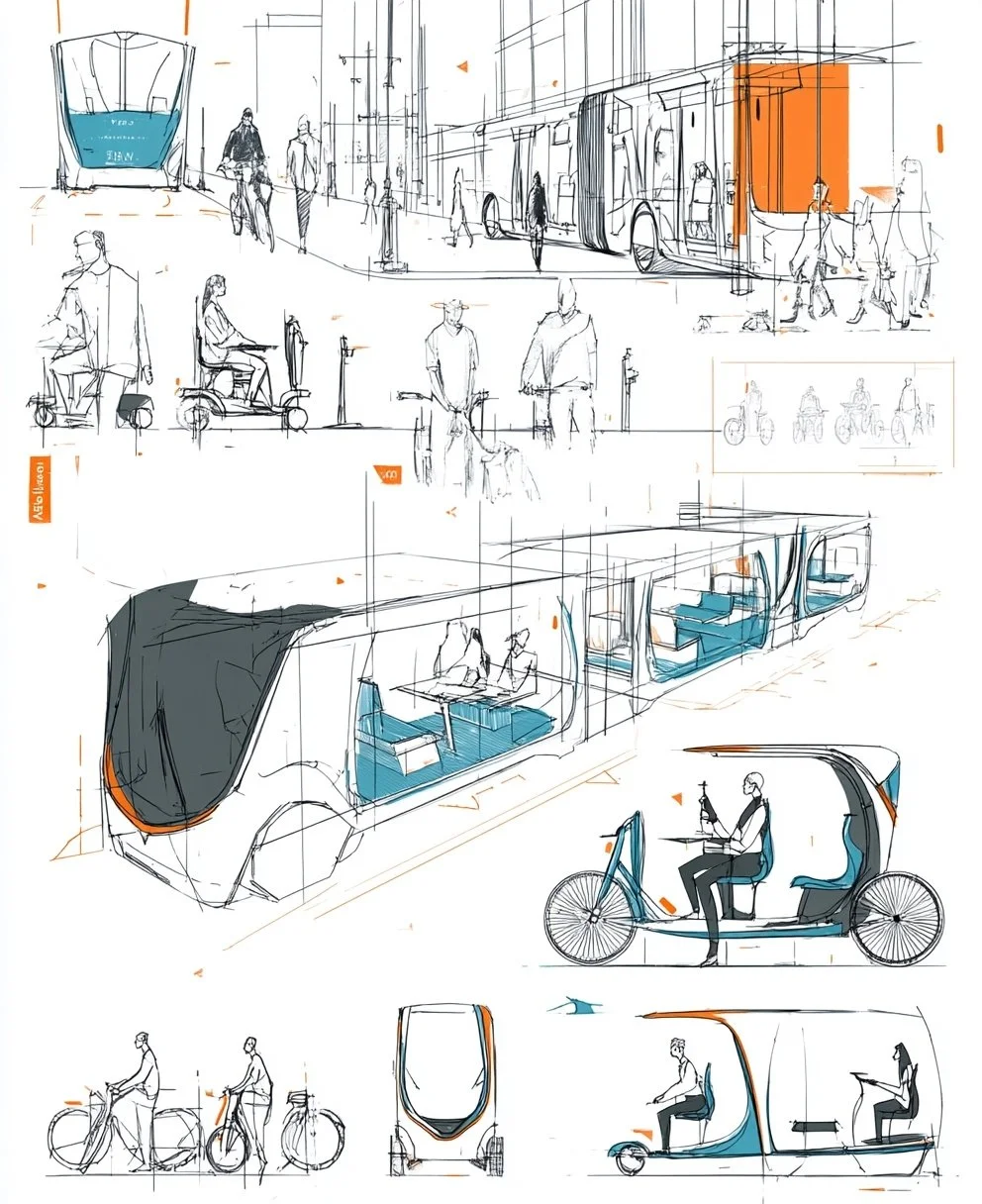Smart Mobility Expertise for Startups, Cities, and Innovators
Let’s Build Something That Moves People
Mobility Workshops
Fixed-fee sessions for public agencies or vendors to evaluate new mobility solutions, improve vendor performance, or plan pilots with real-world impact.
Startup Launchpad
A 4-week strategic sprint to validate your product, identify your beachhead, and accelerate traction with early customers and investors.
International
Expansion
Helping U.S. startups scale abroad and global companies navigate U.S. transportation markets, procurement, and partnerships.
Strategic
Advice
Flexible advisory support for scaling, go-to-market planning, investor prep, public-private collaboration, expert consulting support and program evaluation.
Our Values
Practical Innovation
We focus on solutions that create real-world change — not just polished decks or flashy pilots.
Behavior-Led Design
Infrastructure and policy only work if people actually use them. We help clients design around human behavior, not just systems.
Strategic Partnership
We work shoulder-to-shoulder with founders, agencies, and consulting teams alike — bringing unique experience and insight that complements their goals and expertise.
Global Perspective, Local Results
With deep experience across U.S. and European markets, we help clients scale internationally while navigating local nuance.
Public & Private Collaboration
The most impactful programs come from partnerships. We help governments and vendors understand each other — and deliver better outcomes together.
Our Mission
PerfectCity Corp empowers innovators and public agencies to design smarter, more scalable transportation systems by blending behavioral insight, strategic expertise, and startup agility.
We help high-impact startups scale, governments make better vendor decisions, and smart city ideas become real-world solutions.





